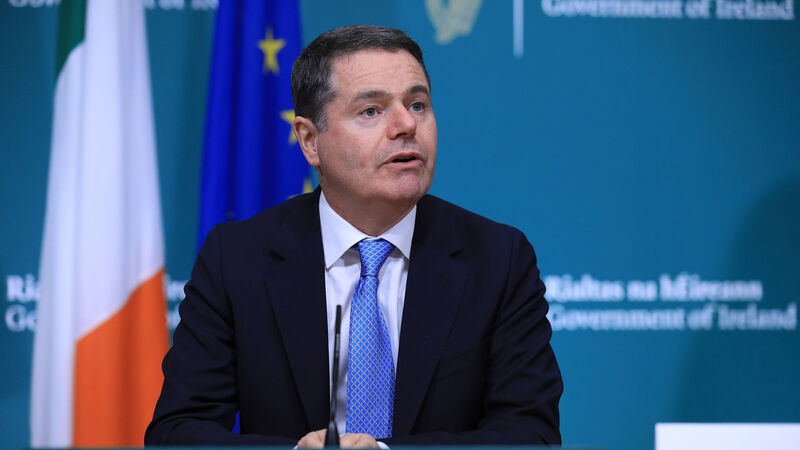‘Large number’ of SMEs at risk if supports go, industry group warns

Finance Minister Paschal Donohoe has said there would be no cliff-edge end to business supports.
A “large number” of small companies are at risk of going out of business if current Covid business supports are not maintained and new rescue legislation is not introduced by the summer, the Small Firms Association (SFA) has warned.
Ahead of an anticipated update on the easing of restrictions next week, the SFA has called on the Government to publish a clear reopening plan for business – saying small business owners are “exhausted” by “mixed messaging”, which is “adding to their anxiety” after remaining closed for so long.











